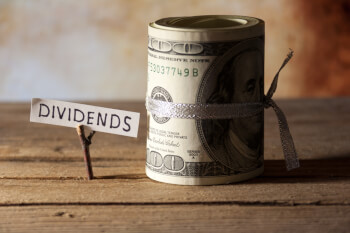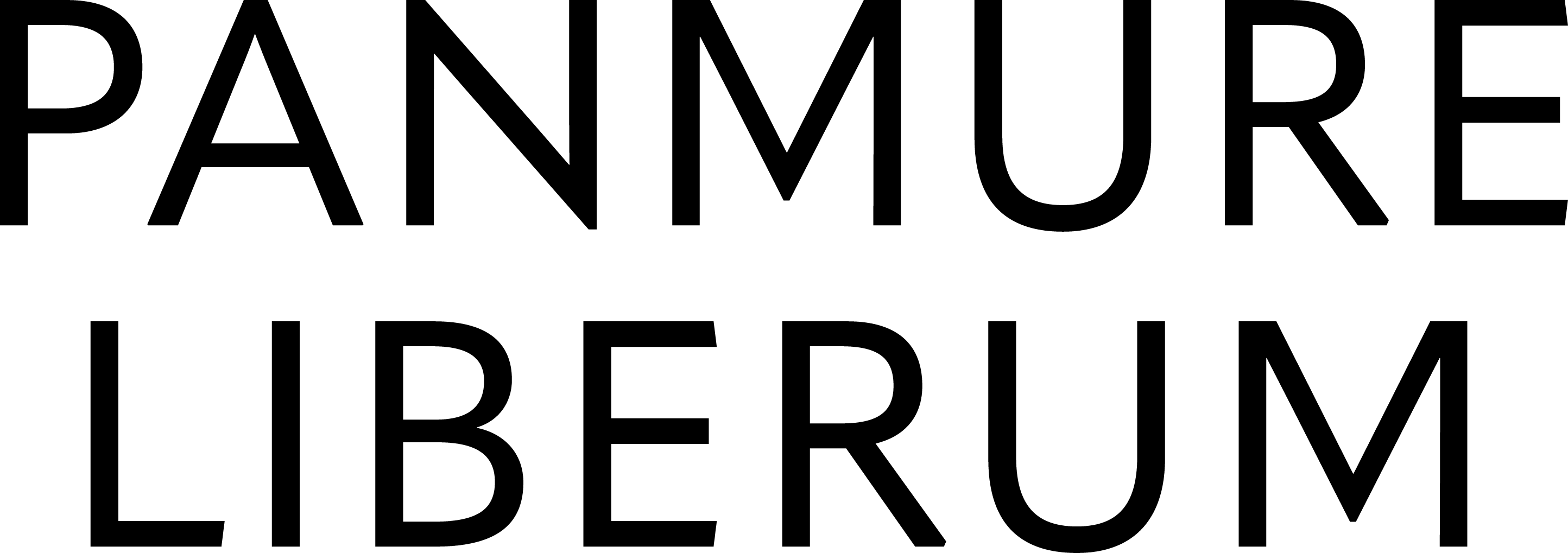This content is only available within our institutional offering.

18 May 2020
Investec UK Daily: 18/05/2020

Sign in
This content is only available to commercial clients. Sign in if you have access or contact support@research-tree.com to set up a commercial account
This content is only available to commercial clients. Sign in if you have access or contact support@research-tree.com to set up a commercial account
Investec UK Daily: 18/05/2020
AB INBEV (ABI:EBR), 0 | Anheuser-Busch InBev SA/NV (ABI:BRU), 0 | Marks and Spencer Group plc (MKS:LON), 331
- Published:
18 May 2020 -
Author:
Dr Andrew Whitney | Alastair Reid | Ross Broadfoot | Ben Hunt, CFA | Kate Calvert | Alicia Forry, CFA | Anthony Geard -
Pages:
8 -

ABI, like other brewers, is seeing a drastic impact on its business from the COVID-19 crisis. Volumes for the company globally fell 32% in April, with the added pain from selling prices being lower in the off-trade channel. However, Beer is likely to rebound much faster than Spirits, given the shorter shelf life.
We cut our FY20E EBITDA by 4% and FY21E EBITDA by 5% given the slightly extended restrictions that governments have confirmed, combined with more draconian measures (banning sale and/or production of alcohol) in some emerging markets. The effect of a lower share price on hedging programmes and lower income from associates leads to cuts to “normalized EPS” of 21% in FY20E and 10% in FY21E. If the shares recover after a long period of underperformance, some of this downgrade would be reversed.
Since the crisis, ABI has raised c. $11bn from bond issuances, drawn down $9bn from its RCF and completed the sale of its Australian assets to Asahi for c. $11bn. In FY20E, we estimate the company will be able to reduce its gross debt by nearly $30bn, taking the year-end net debt balance down to $85bn.
Despite the uncertainty regarding forecasts, the shares are undoubtedly cheap. Near term, the relative multiples can be influenced dramatically by the phasing of the sales rebound post-crisis and by debt pay down timelines (not to mention the impact of the share price, which was a nearly $2bn hit to profit in Q1), but the DCF valuation is less affected by these matters. Our DCF shows a fair value of €70 after cutting our estimates, approximately 95% above the share price. On an EV/EBITDA basis, ABI is c. 15% below its 10-year average multiple. We can understand why the de-rating has occurred: consensus FY20 EBITDA estimates were cut 26% over the last 6 months at a time when gearing was already high. But the shares have now fallen too far.






